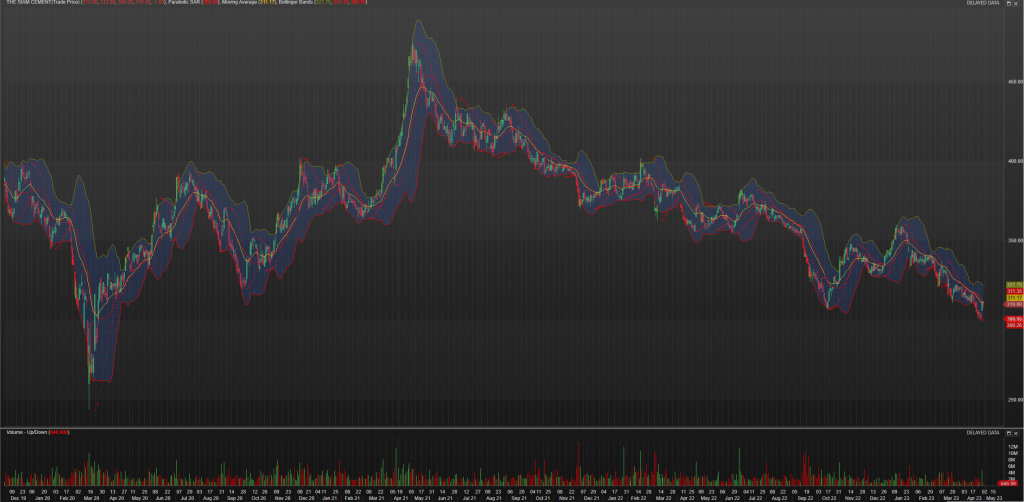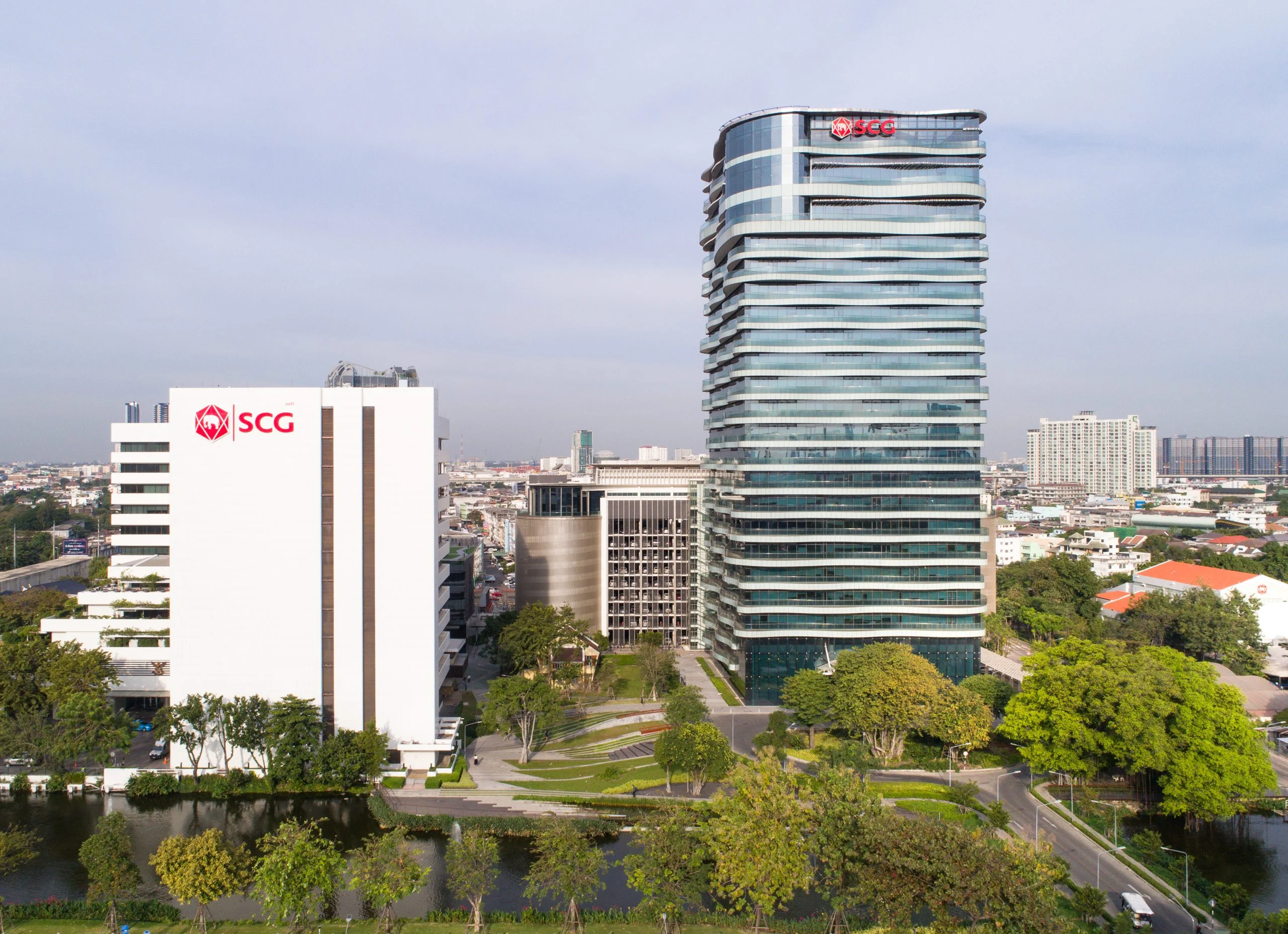Carbon credits have become an important part of the global efforts to reduce carbon emissions and tackle climate change. The creation of carbon credits incentivizes investment in renewable energy and energy efficiency, which can create new jobs and stimulate economic growth in the clean energy sector. At the same time, carbon credits can also increase costs for polluting industries and create disadvantages for developing countries. In this article, we will explore the impact of carbon credits on Siam Cement Group (SCG), one of the leading cement and building materials companies in Southeast Asia.
SCG’s Renewable Energy Projects
SCG has been investing in renewable energy projects as part of its commitment to sustainability and reducing carbon emissions. The company has installed solar panels on the roofs of its factories, generating clean energy and reducing its carbon footprint. SCG also operates wind power plants in Thailand, Vietnam, and Indonesia, which produce renewable energy and reduce the company’s reliance on fossil fuels. SCG has earned carbon credits from these initiatives and can sell them to other companies to offset their carbon emissions.
The Relationship between Carbon Credits and SCG Stocks
The impact of carbon credits on SCG stocks is mixed. On the one hand, SCG’s renewable energy projects and carbon credits can help the company reduce its costs and improve its competitiveness. The revenue from selling carbon credits can also create a new income stream for the company. This can have a positive impact on the company’s stocks, as investors are likely to view the company as a sustainable and responsible investment.
On the other hand, the price of carbon credits can be volatile and subject to market fluctuations, which can affect SCG’s revenue from selling carbon credits. In addition, the availability of carbon credits and the design of the carbon trading system can impact SCG’s ability to generate and sell carbon credits. This can have a negative impact on SCG’s stocks, as investors may view the company as having lower potential for revenue growth.
Examples of Carbon Credits and SCG Stocks
In 2020, SCG sold carbon credits from its renewable energy projects to Japanese trading house Marubeni, earning 70 million baht ($2.3 million USD) in revenue. This shows that SCG’s renewable energy initiatives and carbon credits can create new revenue streams for the company.

However, the price of carbon credits can be volatile, as seen in the European Union Emissions Trading System (EU ETS) in 2021. The price of carbon credits in the EU ETS rose to a record high of €56 ($67 USD) per tonne in May 2021, before falling to €30 ($36 USD) per tonne in July 2021. This volatility can affect SCG’s revenue from selling carbon credits and, in turn, impact its stocks.
Carbon credits have a mixed impact on Siam Cement Group stocks. While SCG’s renewable energy projects and carbon credits can help the company reduce costs and improve competitiveness, the volatility of the carbon credit market and the availability of carbon credits can affect its revenue growth potential. Nevertheless, SCG’s commitment to sustainability and reducing carbon emissions is likely to be viewed positively by investors who value sustainable and responsible investments.









